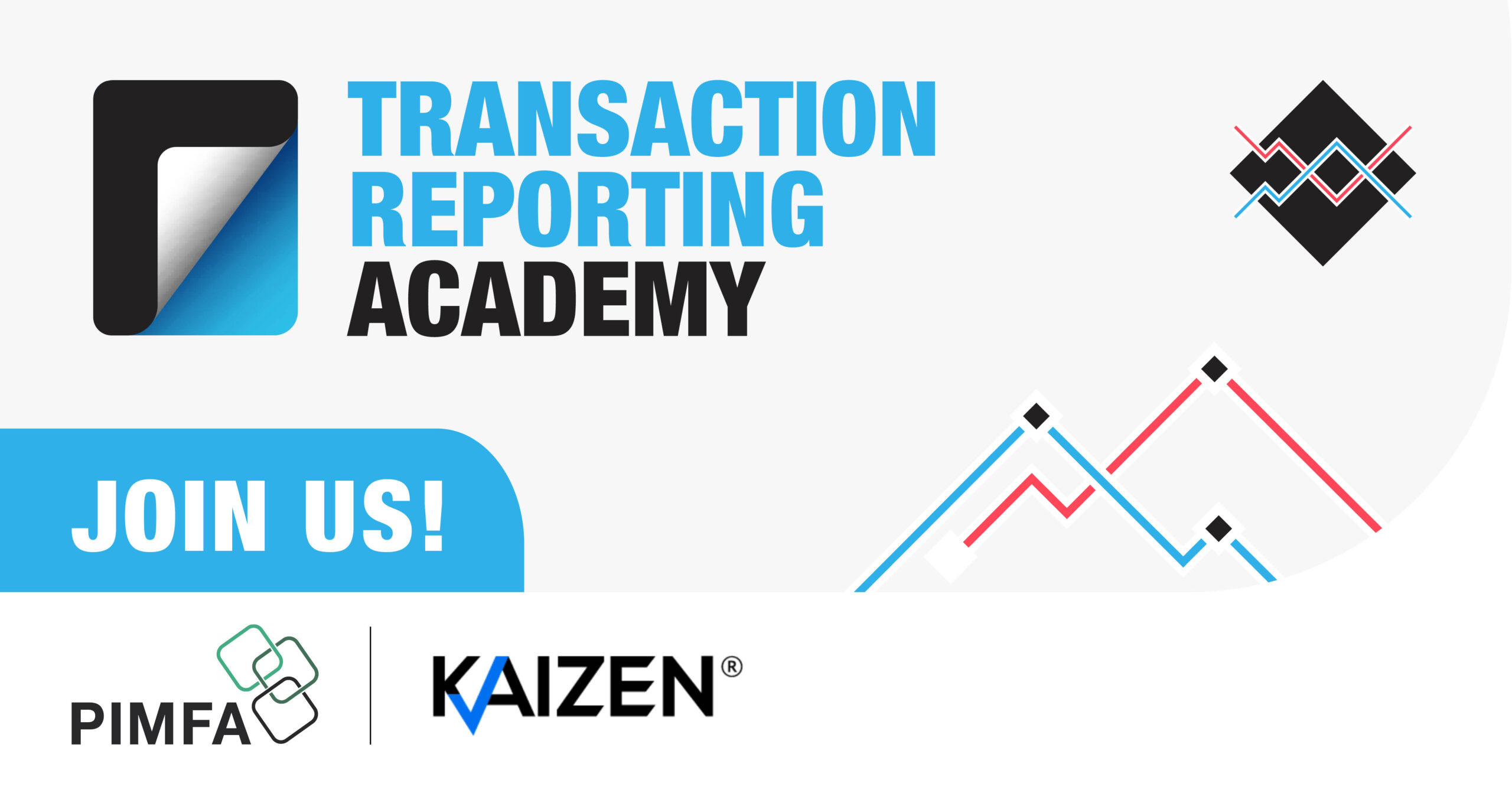Tell me LEIs

The six-month grace period granted by ESMA for reporting firms to obtain Legal Entity Identifiers (LEIs) ended earlier this month. At her recent speech in Paris, ESMA’s executive director, Verena Ross, marked that the ‘No-LEI-no-trade’ rule now forces entities trading in EU markets to have an LEI. This allows the regulator to know exactly who is trading and enables market data to be aggregated in a more accurate manner. Verena Ross also recommended that regulators across the globe follow suit and make similar mandates.
Someone from the HKMA must have been listening, because on the same day as the speech they announced their intention to extend regulation on the use of LEIs. From April 1st 2019, reporting entities, HKTR members, CCPs and clearing service providers must report all new trades with LEIs. Parties that do not identify themselves in the ‘Reporting for’ field and updates to existing trades will not require LEIs just yet. Similar to ESMA’s grace period, reporting entities are expected to have a process in place to request their clients obtain an LEI.
Our research shows that of the 250 or so HKTR members, 90% of them already have LEIs. Alongside this, DTCC noted in their feedback to the proposal that some 4,200 HK based entities already have LEIs. It’s possible that MiFID II has already broken the back of the burden of obtaining LEIs in other jurisdictions.
LEIs are becoming the industry’s gold standard for trade party identification and they are evolving too. Last year GLEIF introduced level 2 data that gave birth to LEI parent reference data being embedded in the LEI.
In the future, we hope that LEIs will continue to evolve and that other entity static data can be hardcoded into their DNA. Features like CFTC US person status or Canadian Local Counterparty Status would do the industry a huge favour in terms of getting their reference data correct.
Reference data errors account for 50 per cent of errors found in our testing of regulatory reports. Our ReportShield™ reference data testing checks both counterparty and instrument reference data for accuracy and completeness including real-time check of LEIs. Contact us for a discussion on improving the quality of your reference data.



